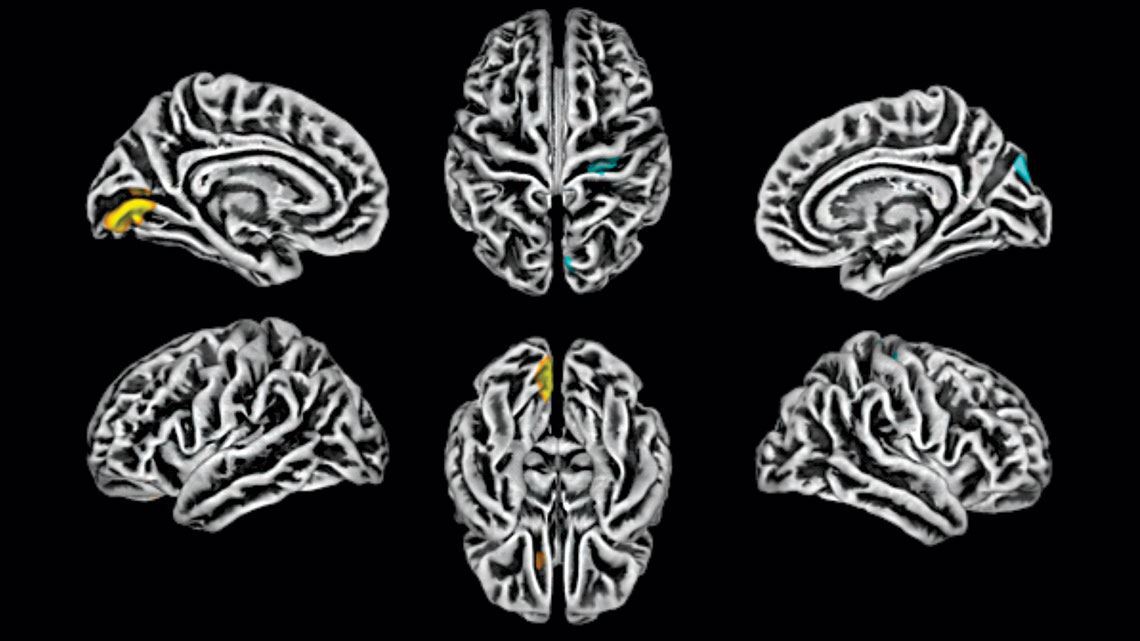A study carried out by researchers from five Brazilian institutions confirms that the novel coronavirus can infect different types of brain cells, and may be capable of directly damaging the brain. They scanned the brains of 81 people with mild COVID-19 and observed significant changes in different areas of the cortex, the outermost region of the brain responsible for functions such as memory, attention, awareness, and language. In tests conducted two months after infection, a third of the patients showed signs of neurological problems (headaches, memory impairment, loss of smell) or neuropsychiatric problems (anxiety and depression). Autopsies found SARS-CoV-2 infections in the brains of 5 of 26 individuals killed with COVID-19. In laboratory tests, the researchers confirmed that the virus infects brain cells, especially astrocytes, which sustain and nourish neurons (medRxiv, October 13). It now remains to be confirmed whether changes to the cortex and neurological performance are caused by the virus’s presence in brain cells. The study was carried out by teams from the University of Campinas (UNICAMP), the University of São Paulo (USP), Ribeirão Preto, the Federal University of Rio de Janeiro (UFRJ), and the D’Or Institute for Research and Teaching (IDOR).
RepublishCOVID-19
Coronavirus and the brain

Clarissa Lin Yasuda / Unicamp